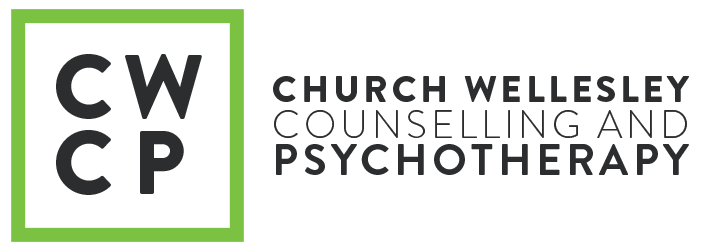Everyday, we make decisions – big and small, significant and insignificant. And how we make these decisions has a tremendous impact on the outcome; often without our conscious awareness.
If we consider one of the fundamental ways we make decisions, we would recognize how they are made from a “positive”, or goal-oriented perspective, or a “negative”, or outcome avoidance perspective. Let’s explore the easy one.
Positive or goal-oriented decision-making is when we decide in pursuit of achieving a goal.
Examples include:
- Investing additional funds into our Registered Retirement Savings Program to have a more comfortable retirement;
- Getting to bed earlier to increase our nocturnal rest and improve our overall functioning and health;
- Surprising a loved one with a gift of appreciation in pursuit of reinforcing the relationship.
These are simple examples of how we make decisions in the pursuit of a goal. The outcome is usually positive in nature because ultimately, we are showing up for the attainment of a goal. And even if the outcome is not what we intended, we are more likely to respond reflexively because our underlying emotional pain-body (N.B., A pain-body is a core emotional wound, such as fear, loneliness, loss, pain, shame, worthlessness) is not invested.
Negative (or outcome avoidance) decision-making is much more insidious as we are seldom mindful of the core intent: The avoidance of activating an underlying emotional pain-body; the consequences for which are seldom conducive to fostering reflexivity. For example:
- You intentionally organize a seating arrangement at a restaurant to avoid having to sit next to an acquaintance you find annoying (psycho-emotional pain) but by the time said acquaintance arrives, the seating dynamic has changed and the only remaining seat is immediately next to you (causing the psycho-emotional pain you were wanting to avoid).
- You decide not to address an issue with your spouse because you want to avoid (your fear of) conflict but in the coming days, you notice resentment building up toward your spouse and suddenly find yourself fearing a major interpersonal blow-up.
- You buy a second-hand phone in order to “save money” (but really, your goal is to avoid the loss of money) but weeks later, you discover the phone you bought is defective and now need to spend additional money for another replacement phone.
In considering the broader impact, it seems apparent that negative decision-making is objectively problematic. And while I agree that negative decision-making is problematic (because you are actively avoiding engagement with the underlying emotional pain-body), negative decision-making happens – we are human after all!
While I fundamentally endorse you exploring the underlying issue you are trying to avoid, if you are engaging in negative decision-making, a complimentary strategy is the practice of consent-based decision-making (i.e., informed consent).
Consent-based decision-making is when we intentionally engage in negative decision-making and do so in consideration of the potential deleterious / unintended outcomes.
In returning to the above examples:
- You intentionally organize a seating arrangement to avoid sitting next to an annoying acquaintance. However, you consider the impact of this not going as planned (e.g., the seating dynamic changes and you end up having to sit next to the person anyhow; the person becomes aware of your subtle behaviour and calls you out, forcing you to address the issue you are seeking to avoid; you end up having someone sit next to you that you find more annoying than the original person) and decide whether the possible unplanned outcomes are worth your intentional avoidance.
- You intentionally avoid interpersonal conflict with your spouse. However, you consider the impact of this conflict avoidance (e.g., increased interpersonal resentment; added interpersonal and psycho-emotional distance within the relationship; decreased relationship resiliency through the intentional navigation of conflict) and decide whether the associated impacts are worth your intentional avoidance.
- You decide to buy a second-hand phone to avoid experiencing monetary loss. However, you consider the impact of this not going as planned (e.g., might end up purchasing a defective phone; the replacement phone no longer has a warranty and you end up breaking the screen a week in, resulting in having to spend additional money in repairs) and decide whether the potential added financial impact outweighs the attempt to avoid loss.
Overall, the informed consent model fosters meaningful consideration of the potential risks associated with engaging a negative decision-making model so that you are able to make a more informed decision.
In conclusion, while exercising intentional informed consent with respect to negative decision-making is a helpful workaround, fundamentally you must be consciously aware that doing so intentionally avoids engagement with your underlying emotional pain-body. Such that reduces your long-term resiliency. So, the core question is: Are you willing to make hard decisions or deploy in avoidance in the management of psycho-emotional resilience?
Want to know more about a specific topic related to psychotherapy? Send me an email (adam@cwcp.ca) and let me know so I can write a blog post about it. And if you would like an honorable mention for your recommendation, let me know that too and I will include your name!


